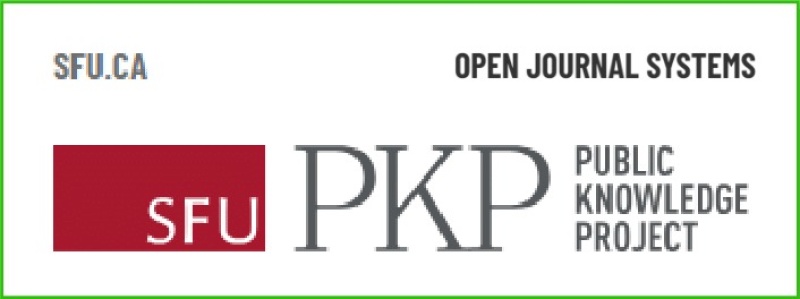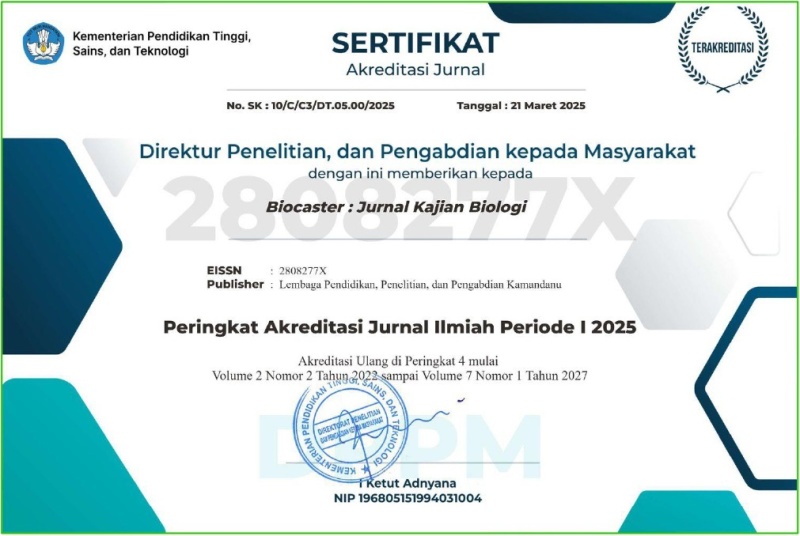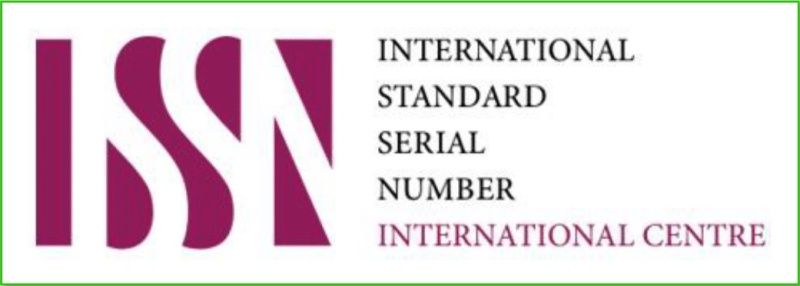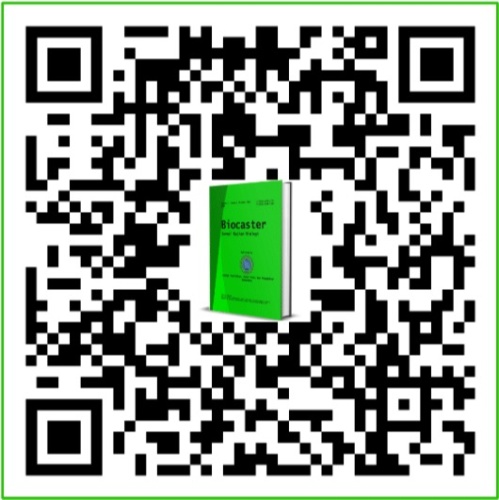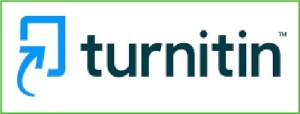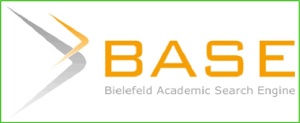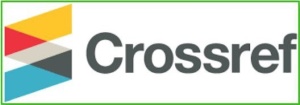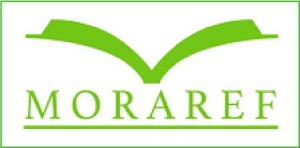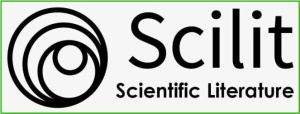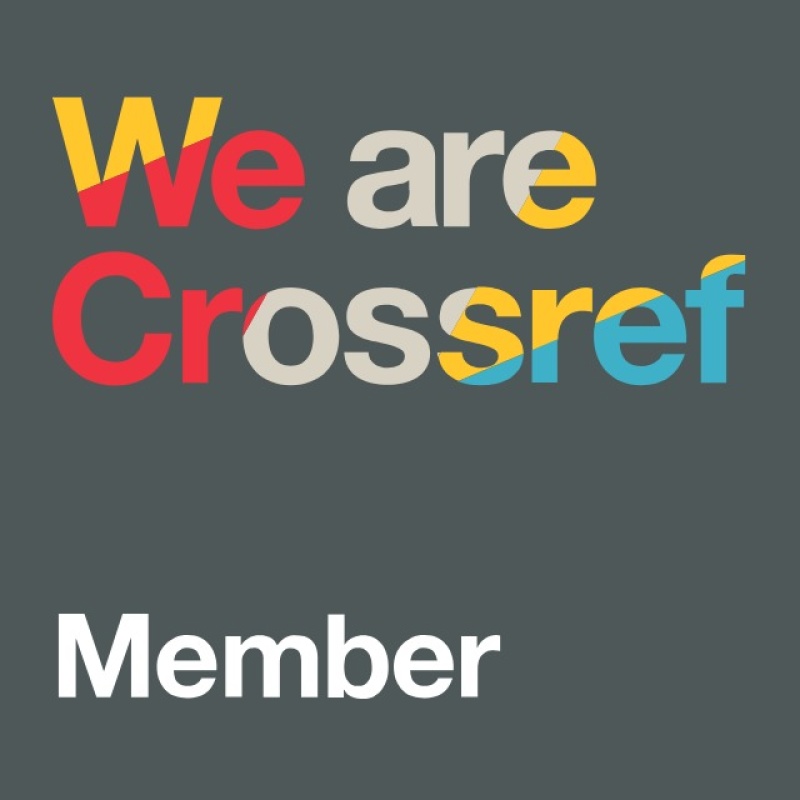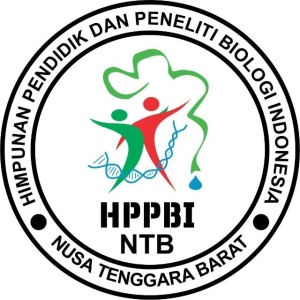Implementasi Flipbook Materi Sistem Pertahanan Tubuh untuk Mendukung SDGs pada Hasil Belajar Siswa SMAN 2 Tenggarong
DOI:
https://doi.org/10.36312/biocaster.v5i4.630Keywords:
Flipbook, Learning Outcomes, SDGs, Human Body Defense SystemAbstract
The low level of students' understanding of Biology material, especially on the topic of the body's defense system, is often caused by limitations in the variety of learning media used. This study aims to analyze the effect of the use of flipbook-based learning media on student learning outcomes on body defense system materials, in order to support the implementation of the Sustainable Development Goals (SDGs) at SMA Negeri 2 Tenggarong. This study uses a quasi-experimental approach with purposive sampling techniques, involving 35 students divided into experimental and control groups. The research instrument consists of learning outcome tests and questionnaires, which are used to measure students' cognitive achievement. Data analysis was carried out through hypothesis tests using independent sample t-test and N-gain calculation. The results showed a significant difference between the experimental and control groups, with a significance value of the t-test of 0.00 (< 0.05), and an N-gain value of 0.73 which was categorized as a fairly effective improvement. Flipbook media has been proven to have a positive influence on student learning outcomes in the experimental group. The increase was influenced by internal and external factors, including the quality of flipbook content, the support of learning facilities, and students' motivation and interest in learning. Thus, flipbook learning media can be considered an effective alternative in increasing students' understanding of the body defense system material, as well as contributing to improving the quality of education in line with the Sustainable Development Goals (SDGs).
Downloads
References
Adila, W., Refdi, R., & Hadi, F. (2025). Kajian Literatur tentang Implementasi Tujuan Pembangunan Berkelanjutan (SDGs) di Indonesia: Evaluasi dan Perspektif Berkelanjutan. Madani : Jurnal Ilmiah Multidisiplin, 3(2), 318-331. https://doi.org/10.5281/zenodo.14913530
Agustian, N., & Salsabila, U. H. (2021). Peran Teknologi Pendidikan dalam Pembelajaran. Islamika : Jurnal Keislaman dan Ilmu Pendidikan, 3(1), 123-133. https://doi.org/10.36088/islamika.v3i1.1047
Aprilia, T., Sunardi, S., & Djono, D. (2017). Penggunaan Media Sains Flipbook dalam Pembelajaran IPA di Sekolah Dasar. Jurnal Penelitian Teknologi Pendidikan, 15(2), 74-82. https://doi.org/10.20961/teknodika.v15i2.34749
Cahyono, B. T., Nurryna, A. F., Natasari, K. N., & Suparmin, S. (2023). Pemanfaatan Aplikasi Digital Flipbook sebagai Media Pembelajaran di Era Teknologi Digital. Jurnal Dharmabakti Nagri, 1(2), 58-64. https://doi.org/10.58776/jdn.v1i2.26
Darwati, I. G. A. M., & Purana, I. M. (2021). Problem Based Learning (PBL): Suatu Model Pembelajaran untuk Mengembangkan Cara Berpikir Kritis Peserta Didik. Widya Accarya, 12(1), 61-69. https://doi.org/10.46650/wa.12.1.1056.61-69
Erviana, V. Y., Dwi, S., Bambang, R., & Eva, R. N. A. (2022). Model Pembelajaran Berbasis Problem Based Learning Berbantuan Virtual Reality untuk Peningkatan HOTS Siswa. Yogyakarta: K-Media.
Francisca, F., Jovanka, O. V. Z., Sri, H. A., & Ani, N. A. (2022). Pengembangan E-Book Budimas “Buku Digital Agama Islam” untuk Pembelajaran PAI pada Siswa Sekolah Dasar. Jurnal Basicedu, 6(3), 5268-5277. https://doi.org/10.31004/basicedu.v6i3.3043
Hariyanto, E., Darmawan, A., & Pratama, B. C. (2019). Metode Penelitian: Metode Pengambilan Sampel Penelitian Survei. Depok: Rajawali Pers.
Irnaningtyas, I., & Sylva, S. (2023). Biologi. Jakarta: Erlangga.
Kalyani, L. K. (2024). The Role of Technology in Education: Enhancing Learning Outcomes and 21st Century Skills. International Journal of Scientific Research in Modern Science and Technology, 3(4), 5-10. https://doi.org/10.59828/ijsrmst.v3i4.199
Khalimah, N. (2024). Manajemen Sumber Daya Manusia dalam Meningkatkan Mutu Pendidikan di Indonesia. Al-Fikra : Jurnal ilmiah Keislaman, 23(2), 187-195. https://doi.org/10.24014/af.v23i2.33902
Mahardika, A. I., Novan, A. B. S., Amirul, A. A. M., Ahmad, R., Nana, S. L., & Nurmalida, N. (2022). Pelatihan Pengembangan Evaluasi Pembelajaran Digital Menggunakan Quizizz bagi Guru di Kota Banjarmasin. Jurnal Abdimas Prakasa Dakara, 3(1), 1-9. https://doi.org/10.37640/japd.v3i1.1540
Malsa, S. A., Bintang, I., & Vera, O. A. P. (2022). Sustainable Development Goals (SDGs): Kehidupan Sehat dan Sejahtera dalam Penanggulangan Covid-19 di Daerah Semarang. Jurnal Pembangunan Berkelanjutan, 5(1), 1-7. https://doi.org/10.22437/jpb.v5i1.15563
Nopiyanto, Y. E., Raibowo, S., Sugihartono, T., & Yarmani, Y. (2020). Pola Hidup Sehat dengan Olahraga dan Asupan Gizi untuk Meningkatkan Imun Tubuh Menghadapi Covid-19. Dharma Raflesia : Jurnal Ilmiah Pengembangan dan Penerapan IPTEKS, 18(2), 90-100. https://doi.org/10.33369/dr.v18i2.13008
Safitri, A. O., Yunianti, V. D., & Rostika, D. (2022). Upaya Peningkatan Pendidikan Berkualitas di Indonesia: Analisis Pencapaian Sustainable Development Goals (SDGs). Jurnal Basicedu, 6(4), 7098-7100. https://doi.org/10.31004/basicedu.v6i4.3296
Safnowandi, S. (2024). Implementasi Pola Hidup Sehat Berbasis Keluarga. Nuras : Jurnal Pengabdian Kepada Masyarakat, 4(4), 165-169. https://doi.org/10.36312/nuras.v4i4.322
Sari, F. F. K., & Idam, R. W. A. (2021). Analisis Kebutuhan Bahan Ajar Digital Berbasis Flipbook untuk Memberdayakan Keterampilan Abad 21 Peserta Didik pada Pembelajaran IPA Sekolah Dasar. Jurnal Basicedu, 5(6), 6079-6085. https://doi.org/10.31004/basicedu.v5i6.1715
Setyorini, E., Sukarmin, S., & Harlita, H. (2024). Efektivitas Penggunaan Flipbook sebagai Media Pembelajaran Interaktif di SMA/SMK: Tinjauan Literatur. In Proceeding Biology Education Conference (pp. 129-135). Surakarta, Indonesia: Department of Biology Education, Faculty of Teacher Training and Education, Sebelas Maret University.
Downloads
Published
How to Cite
Issue
Section
License
Copyright (c) 2025 Edita Destyara, Ruqoyyah Nasution, Jailani, Nelda Anasthasia Serena, & Vandalita Maria Magdalena Rambitan

This work is licensed under a Creative Commons Attribution-ShareAlike 4.0 International License.
-
Attribution — You must give appropriate credit, provide a link to the license, and indicate if changes were made. You may do so in any reasonable manner, but not in any way that suggests the licensor endorses you or your use.
-
ShareAlike — If you remix, transform, or build upon the material, you must distribute your contributions under the same license as the original.


